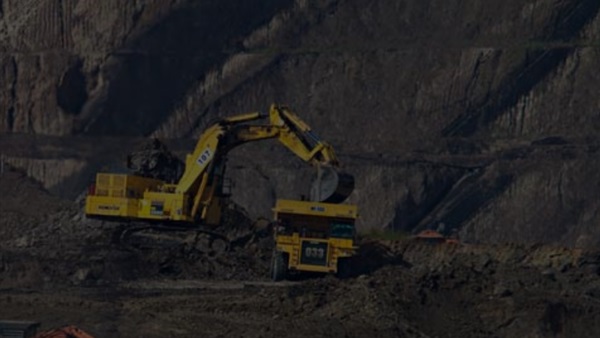Power Play in Africa: The Geopolitics and Controversies of Lithium Mining for Electric Vehicles

Lithium extraction has become a significant political issue
in Africa due to the vast lithium reserves in the region and the increasing
demand for electric vehicles and other lithium-powered devices. China, the
largest consumer of lithium, is investing in lithium mining projects in Africa,
and this has created a complex and often controversial issue, pitting economic
development and job creation against environmental concerns. There is also a
geopolitical dimension to the issue, as China seeks to secure access to
critical resources and expand its influence in Africa.
Lithium is an essential element in the production of
batteries used in electric vehicles, energy storage, and consumer electronics.
As demand for the metal rises, its extraction has become a significant
political issue in Africa. China is the world's largest consumer of lithium,
and it produced about 62% of the global production in 2020. The country is
seeking to secure access to key mineral resources and expand its influence in
Africa.
China's mining activities in Africa have the potential to
provide much-needed investment and job opportunities to the continent. Lithium
extraction has the potential to boost the economies of African countries,
particularly those with large reserves of the metal. However, the benefits of
lithium mining are not evenly distributed, and multinational corporations often
generate the profits, which flow out of the country, rather than being
reinvested in local communities. Some observers argue that China's involvement in
Africa's resource extraction industry lacks transparency and accountability.
Ganfeng Lithium, a Chinese company, has emerged as a key
player in the global lithium market. The company has invested in lithium
projects in Zimbabwe, where it has a partnership with the Australian mining
company, Pilbara Minerals. Ganfeng Lithium's investments in Africa have created
job opportunities and contributed to the economic growth of African countries.
However, critics point out that the mining industry is capital-intensive and
requires a relatively small workforce, meaning that job creation may not be as
significant as proponents of the industry suggest.
The development of local mining supply chains could support
downstream industries and provide a pathway for African countries to
participate in the global clean energy transition. However, it is essential to
consider the potential environmental and social impacts of mining operations,
including the displacement of local communities and the degradation of natural
habitats. The lithium mining process typically involves large-scale open-pit
mining, which can have significant impacts on soil, water, and air quality. The
processing of lithium also involves the use of toxic chemicals, which can cause
contamination and pollution of the surrounding environment.
The rising demand for lithium has created a geopolitical
dimension to the issue, with various countries seeking access to critical
resources and seeking to expand their influence in Africa. China, in
particular, has been active in pursuing lithium resources in Africa, with a
view to securing the materials needed for its rapidly expanding electric
vehicle industry. China's interest in lithium mining in Africa has raised
concerns among some observers, who are concerned about the environmental and
social impacts of mining operations in Africa and the ability of local
communities to benefit from the extraction of critical resources.





